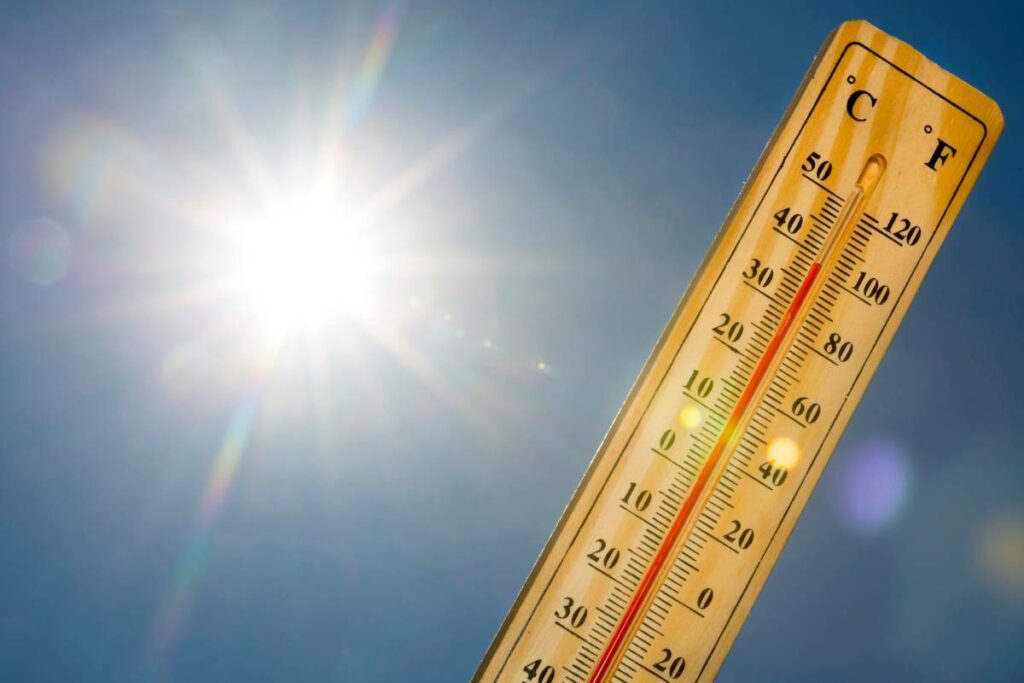One of the main reasons for our skepticism about the climate alarmist movement is their tendency to point to a bad event and boast that they predicted it, but only after it already happened. As for the predictions they make prior to bad events, it's largely a record of scaremongering and failure, with no contrition afterwards. The latest case-in-point: Great Lakes levels are very high. The trouble is that not long ago some alarmists warned the opposite would be happening. As if on cue, they now say climate change causes changes either way. Heads we win, tails you lose.
Roy Spencer called attention on his blog to this issue. In 2012 National Geographic published an on-line article pointing to low lake levels, and discussing the likely causes. Although they hinted here and there that climate change would lead to more evaporation and continuing loss of water, to their credit they injected some welcome balance into the story. The experts they talked to discussed the wide range of factors influencing lake levels, the large range of natural variability, and even the tendency of the lake levels to suddenly change on their own:
Great Lakes water levels normally fluctuate throughout the year and from one year to the next depending on climate conditions. The lakes naturally cycle between periods of high water and low water, but abrupt changes in annual water levels are not unusual. These fluctuations are due to climate variability and are considered vital to a healthy ecosystem.
They also quoted a government study that concluded:
“lake levels are likely to continue to fluctuate, but still remain within a relatively narrow historical range – while lower levels are likely, the possibility of higher levels cannot be dismissed.”
Nevertheless, they highlighted Lake Superior as a place where increases in evaporation would likely exceed precipitation causing a trend toward lower levels.
Yesterday's concerns about declining levels, are now worries about record high levels. In bouncing back, rather than looking like a system out of whack, they look like they are exhibiting the same variability they have shown at least since records began in the 1860s. Except now the variability is proof of climate change. So it's still all your fault.


